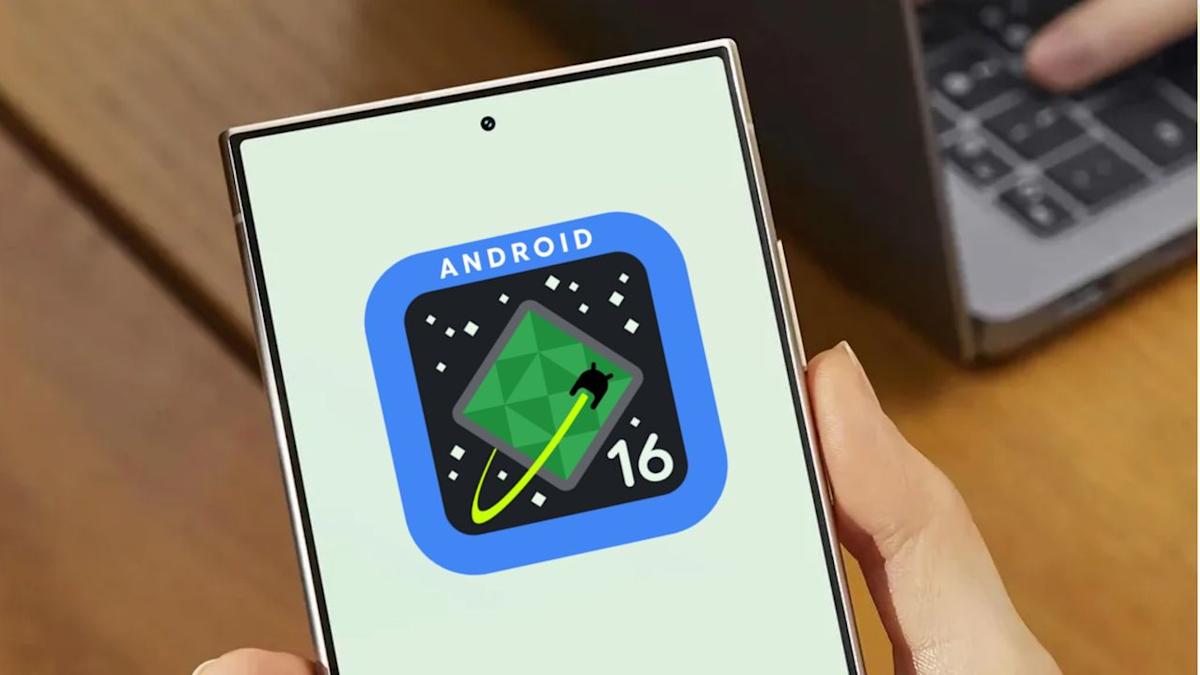Android’s New Security Feature May Slow Charging Speeds

Google is bolstering Android security with a forthcoming feature called “Advanced Protection,” slated for release later this year as part of Android 16. A key component of this upgrade is “USB Protection,” designed to safeguard devices from potential physical attacks via the USB port by restricting functionality when the phone is locked.
According to initial findings, enabling USB Protection will temporarily disable fast charging capabilities until the device is unlocked. This limitation arises because the security measure defaults the USB-C port to power-only mode, effectively preventing data transfer while the screen is secured – a safeguard intended to thwart malicious software injection through USB connections.
Android Authority’s Mishaal Rahman identified this impact during testing of an early Android Canary release and confirmed its presence through code analysis detailing fast charging deactivation upon locked device connection. While the precise reason for the incompatibility remains unclear, Rahman suggests it may relate to the data communication required by certain fast-charging systems to regulate voltage and ensure safe operation. Disruption of this data flow can impede the initiation of faster charging speeds, reverting to a standard power delivery rate.
Notably, Rahman observed that USB Power Delivery (USB-PD) speeds appeared unaffected, implying the restriction may be specific to proprietary fast-charging protocols that necessitate data exchange. Further investigation is required to definitively determine the scope of this limitation.
The inconvenience is easily remedied: unlocking the device and reconnecting the charger will restore fast charging functionality, which is expected to persist even after the phone locks again.









